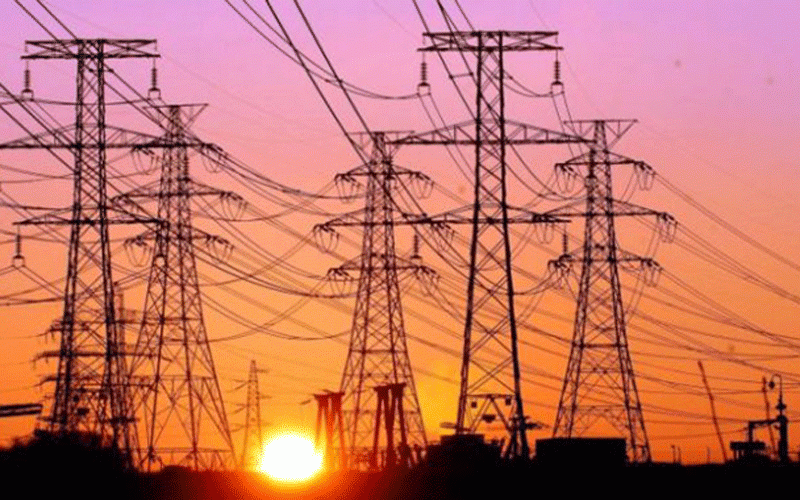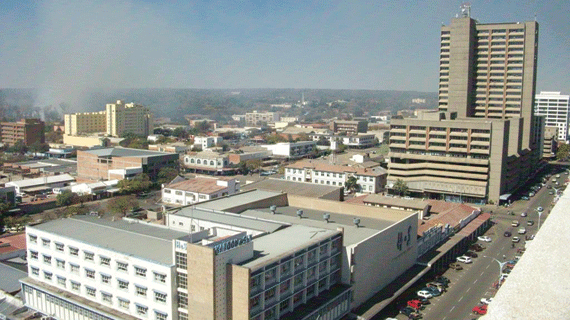
SO, in its wisdom, government has decided to restructure the deeply troubled Zesa Holdings, a utility which is dismally failing to meet the country’s energy demands.
After serious consideration, government says it has “approved the roadmap to electricity self-sufficiency”, which has been presented to Cabinet by Energy and Power Development minister Edgar Moyo.
“Regarding measures to resolve the operational challenges, government will restructure the power utility (Zesa Holdings), decommission and repurpose the small thermal power stations, contain technical and non-technical losses and implement various power saving initiatives,” government said.
It also said it will “embrace private sector-led coal mining initiatives and new technologies such as green hydrogen, floating solar panels; battery energy storage systems and funding some of the renewable energy projects dotted around the country in order to increase domestic generation of electricity”.
All this is being planned because the country is currently generating 1 280 megawatts (MW) against an average local demand of approximately 1 850MW, which leaves a deficit of about 400MW, a gap government says it is covering by importing 200 to 500MW.
We are afraid to say all this remains cheap talk because our enduring power crisis has been with us for donkey years and we keep on going in circles being promised this and that by our government.
We really call for ground-breaking roadmaps which will deliver us from perpetual darkness in this digital age where energy is a critical resource, key to our survival as a nation.
Which reminds us of what our neighbour South Africa is doing to resolve its own lingering power crisis. Early this year, South Africa decided to offer a tantalising incentive to its citizens by saying individuals who install rooftop solar panels from March 1, 2023 to February 29, 2024 will be able to claim a rebate of 25% on the panel costs of up to a maximum of R15 000.
- Low tariffs weigh down ZETDC
- ‘Systems disturbance hits Hwange Power Station’
- Zesa doubles power charges
- Kariba, Hwange power plants obsolete: Govt
Keep Reading
When we talk of ground-breaking initiatives, this is exactly what we mean.
In Zimbabwe, one cannot even dream of installing a solar system at their home because of prohibitive costs, which we believe government should be actively working on to quicken solar uptake and in the end relieve pressure on Zesa whose challenges include operating outdated infrastructure.
It is a modern-day miracle that, for example, more than 60-year-old pylons from Kariba Hydro Power Station are still standing and carrying cables supplying the entire country with electricity. Imagine the disaster if one day we were to wake up to find out that this invaluable infrastructure has collapsed.
This is the time for our government to seriously consider promoting solar systems for homes by extending tangible initiatives to citizens.
In fact, late last year President Emmerson Mnangagwa hinted at this when he said: “We have a blueprint which targets households to run on solar, so we remove them from the national grid.
“In government, we are already incorporating solar systems in packages which public servants enjoy. Such employer-assisted interventions, across the sectors, will see us speedily migrating more households to solar,” he said then.
However, beyond the rhetoric we expect real action and as far as we have heard, the government’s solar system packages are only being enjoyed by bigwigs and it appears it is a pie in the sky for ordinary, struggling and poorly paid workers.
We, certainly, wait patiently and eagerly for Mnangagwa’s blueprint to migrate households to solar power, otherwise talk is cheap if there is no real action on the matter.







